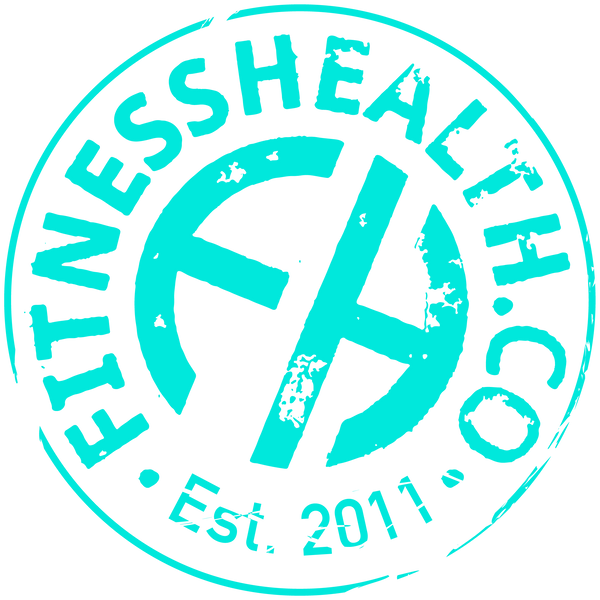Navigating the world of toddler nutrition can often feel like a complex puzzle. With their rapid growth and development, toddlers have specific nutritional needs that are crucial for their overall health. Identifying and addressing nutritional deficits in these early years can be challenging, especially amidst the busy, ever-changing routines of family life.
In our quest to nurture well-rounded, healthy toddlers, attention to their diet is as essential as choosing the right clothes from the toddler girl clothes boutique specializing in outfits for our cute girls and, of course, boys. We must be mindful of the nutrients that fuel the growth of our kids, as well as carefully select outfits that are comfortable, functional, and suit their active lifestyle. The right nutrition is the fabric of their development, as vital as a well-stitched dress ensuring they thrive not just in how they look but also in how they grow and learn.

Common Nutritional Deficits in Toddlers
As parents and caregivers, our focus often centers on ensuring our toddlers are eating enough and enjoying a balanced diet. However, beneath the surface of mealtime routines lies the potential for nutritional deficits - silent gaps in essential vitamins and minerals that are crucial for a toddler's growth and development.
Just as a puzzle requires each piece to complete the picture, a toddler's diet needs a range of nutrients to support their rapidly developing bodies and minds. In this section, we will explore some of the most common nutritional deficits that can occur in toddlers, how to understand their signs, and how we can prevent them.
We would also like to mention that any of the content of this post can be considered a medical recommendation. Please refer to this post as the source of information, while the decision on any supplements or treatment has to be discussed with your pediatrician.
Iron Deficiency
When discussing iron deficiency in toddlers, it's essential to be vigilant about various symptoms that may indicate a shortfall. These signs include:
- noticeable fatigue,
- a distinct paleness of the skin,
- general weakness,
- and a lag in cognitive development.
To counteract this, a proactive approach to dietary choices is key. Including iron-rich foods in their meals, such as lean meats, green leafy vegetables, and iron-fortified cereals, can significantly bolster iron levels.
Additionally, pairing these foods with vitamin C-rich products like oranges not only makes for a nutritious meal but also aids in the better absorption of iron, making it a dual strategy for prevention and health enhancement.
Vitamin D Deficiency
In the case of vitamin D deficiency, several indicators can alert parents to a potential issue. Toddlers may exhibit general weakness, experience bone pain, or suffer from muscle cramps, all of which are classic signs of this deficiency. In more severe instances, the lack of vitamin D can even lead to rickets, a condition characterized by softening and weakening of bones.
To mitigate this risk, it's crucial to ensure that toddlers receive enough sunlight, as natural sunlight is a primary source of vitamin D. Additionally, incorporating vitamin D-rich foods into their diet is equally important. Fatty fish, egg yolks, and dairy products not only provide essential nutrients but also contribute to the overall well-being of the child. These products are also addressing and preventing vitamin D deficiency.
Calcium Deficiency
The signs of calcium deficiency can be quite understated yet significant. Muscle cramps and brittle nails are common indicators that shouldn’t be overlooked. Over time, a lack of sufficient calcium can have a more profound impact, potentially compromising the strength and health of bones.
Preventing such deficiencies involves a conscious effort to include calcium-rich foods in a toddler's diet. This means:
- regularly serving dairy products,
- incorporating leafy greens,
- and choosing calcium-rich cereals.
Vitamin A Deficiency
Identifying a vitamin A deficiency in toddlers involves being alert to a range of symptoms. Issues such as difficulty seeing in low light conditions (poor night vision), dryness in the eyes, a propensity for frequent infections, and various skin problems can all point towards a lack of this essential nutrient.
To combat and prevent this kind of deficiency, try integrating foods that are rich in vitamin A, like carrots, sweet potatoes, and various leafy greens. These dietary additions not only address the deficiency directly but also contribute to the overall health and well-being of the child, supporting their vision, immune system, and skin health.
Omega-3 Fatty Acid Deficiency
Spotting an Omega-3 fatty acid deficiency in toddlers requires attention to certain behavioral and developmental cues. Key symptoms to be aware of include:
- a noticeable lack of attention,
- unexpected mood swings,
- delays in cognitive development.
Addressing this nutritional gap is crucial for their overall brain health and emotional well-being. Omega-3-rich foods include items like flaxseeds, walnuts, and fatty fish. But it is also crucial to understand that it is quite complicated to ensure that your kid will get the necessary amount of Omega-3 from the food, therefore, you might need to consult with the pediatrician.

Strategies for Fussy Eaters
Creative meal planning and routine establishment are vital in ensuring toddlers receive the nutrients they need, especially when dealing with picky eaters or specific nutritional deficits. Here's an expanded look at these strategies:
- Establish Regular Meal and Snack Times: Consistency is key for toddlers. Having set times for meals and snacks helps regulate their appetite and eating habits. It also ensures they are receiving nutrients at regular intervals.
- Incorporate a Variety of Foods: Introducing a wide range of foods exposes toddlers to different flavors and textures and ensures a more balanced intake of nutrients. This could include offering different types of fruits, vegetables, proteins, and grains throughout the week.
- Make Meals Visually Appealing: Use colorful plates, arrange food in fun shapes, or create themes, which can make mealtimes more enticing.
- Involve Children in Meal Preparation: Engaging toddlers in simple kitchen activities like washing fruits, stirring batter, or choosing ingredients can pique their curiosity and encourage them to try new foods. This also provides a wonderful opportunity for bonding and teaching about nutrition.
Conclusion
Recognizing and addressing nutritional deficits is key to ensuring your toddler's healthy development. A balanced diet, rich in essential nutrients, is crucial. However, always consult with a healthcare professional if you suspect any nutritional deficits or before starting any supplements.







